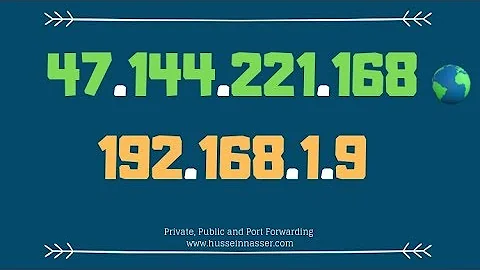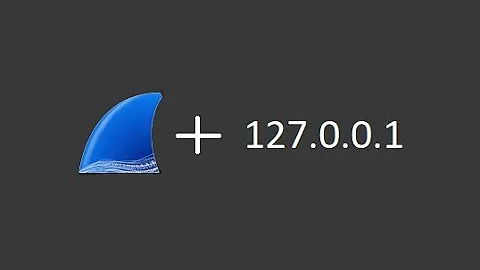How to monitor tcp traffic between my localhost and IP adress
Solution 1
As @blametheadmin mentioned in a comment, you can use tshark. Another option is tcpdump:
$ tcpdump -w trace.out host <hostname-or-ip>
Then later, you can examine that trace with:
$ tcpdump -r trace.out
Solution 2
You could use iftop to do bandwidth usage reports as explained in this serverfault answer, by using the -t and -s switches:
-t use text interface without ncurses
-s num print one single text output afer num seconds, then quit
-L num number of lines to print
It requires version iftop-1.0pre3 (2014-01-01) of iftop. In your case, the following example should do the trick to capture 5 hours of traffic of an specific source host:
iftop -i eth2 -f "src host x.y.w.z" -t -s 18000 > log.txt &
If you want the filter to get x.y.w.z as destination you could use dest instead, or use only host without prefixes if you want to filter both ways.
Related videos on Youtube
dubis
Updated on September 18, 2022Comments
-
 dubis almost 2 years
dubis almost 2 yearsI would like to know how to monitor tcp traffic between my
localhostand IP address keeping activities in a file. I tried iftop and tcptrack but I can not keep activities in a file. These tools don't target a specify IP address, they're monitoring the interface only :iftop -i eth2 -f "dst port 22"I tried to put the IP address in place of
dstbut it doesn't work. The idea is for detecting any suspect trafficThanks for help
-
dhag over 7 years@blametheadmin: You culd make this comment into an answer. There must be a way to store truncated packets, if the payload is not important to the asker.
-
-
 dubis over 7 yearsThanks to answer I would like to do statistic like the -z option with tshark but this tool doesn't accept host or ip with this option
dubis over 7 yearsThanks to answer I would like to do statistic like the -z option with tshark but this tool doesn't accept host or ip with this option -
 Andy Dalton over 7 yearsI'm pretty sure that
Andy Dalton over 7 yearsI'm pretty sure thattsharkwill take the output file produced bytcpdumpas input. You may be able to collect the trace usingtcpdumpand then analyze it usingtshark. -
 dubis over 7 yearsI used this command
dubis over 7 yearsI used this commandtcpdump -i eth2 -n host xxx.xxx.xxx.xxx or dst xxx.xxx.xxx.xxx and greater 500 -w trace.outduring 24 hours. I got a file of 355Mb and the tcpdum -r trace.out is pretty hard to understand the meaning of Flags, seq 143:143, ack, win and length term to do an idea what's happening. -
 dubis over 7 yearsThank nwilder, that's a good answer, less that's scanning all the traffic on the Ethernet device. I would like just monitor a IP address in out traffic.
dubis over 7 yearsThank nwilder, that's a good answer, less that's scanning all the traffic on the Ethernet device. I would like just monitor a IP address in out traffic. -
 Admin over 7 yearsIs this host source or destination? You could change the filter to better fit your needs. I'll edit my answer to you..
Admin over 7 yearsIs this host source or destination? You could change the filter to better fit your needs. I'll edit my answer to you..






